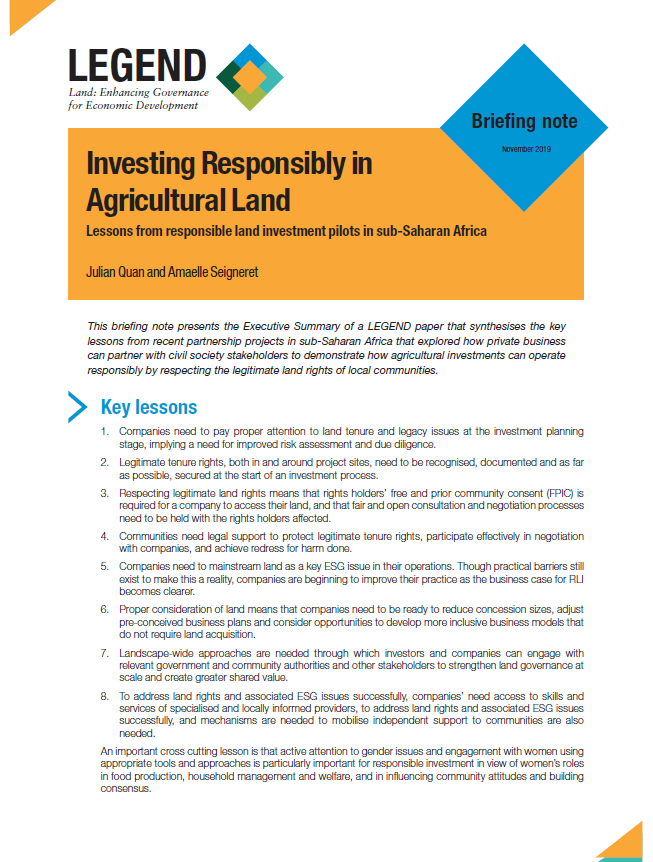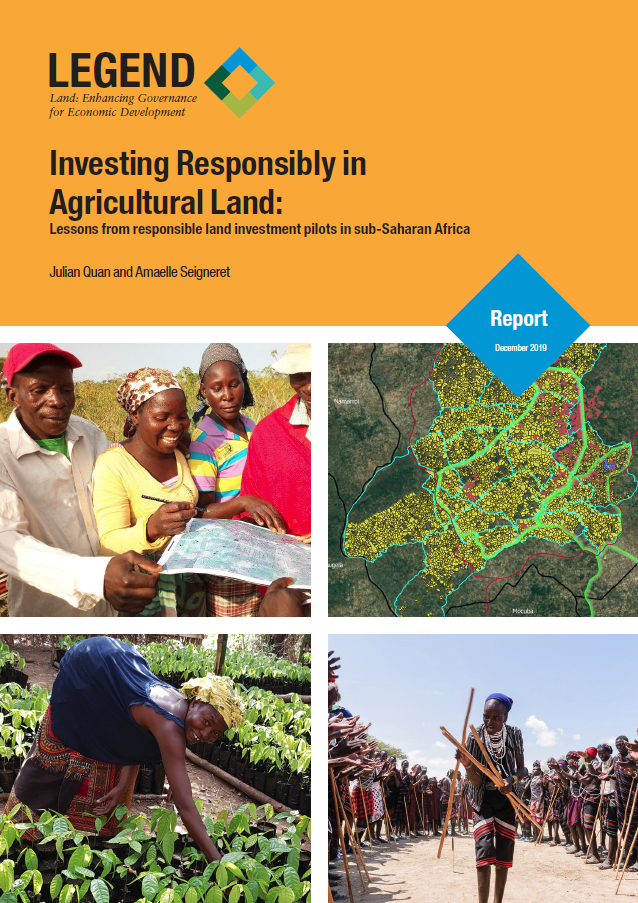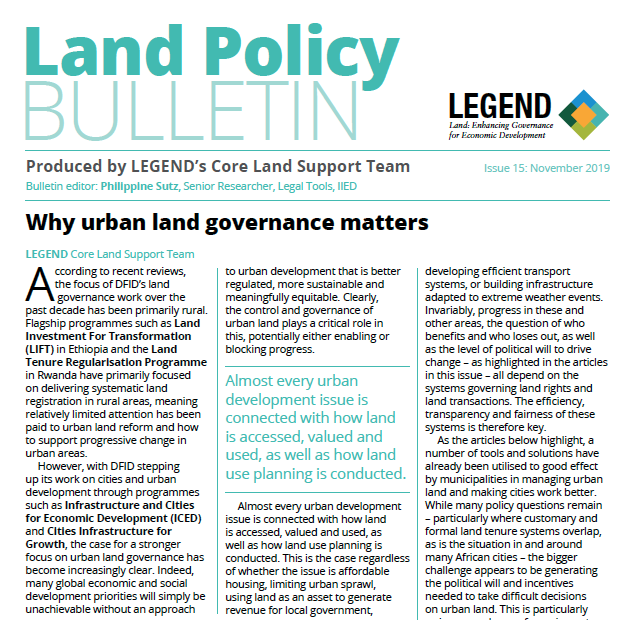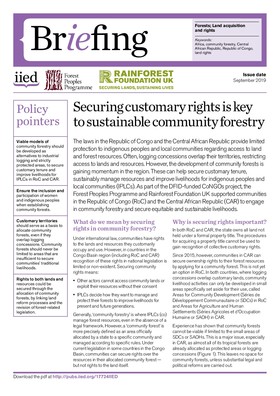Focal point
Location
Mission
Our mission is to build a fairer, more sustainable world, using evidence, action and influence in partnership with others.
Who we are
IIED is one of the world’s most influential international development and environment policy research organisations. Founded in 1971 by economist Barbara Ward, who forged the concept and cause of sustainable development, we work with partners on five continents. We build bridges between policy and practice, rich and poor communities, the government and private sector, and across diverse interest groups. We contribute to many international policy processes and frameworks, including the Intergovernmental Panel on Climate Change, the Millennium Ecosystem Assessment and the UN conventions on climate change and biological diversity.
What we do
IIED carries out research, advice and advocacy work. We carry out action research — generating robust evidence and know-how that is informed by a practical perspective acquired through hands-on research with grassroots partners — and we publish in journals and maintain high research standards. We advise government, business and development agencies, and we argue for changes in public policy. We focus on bottom-up solutions, stay open to flexible, adaptable solutions and are marked by a tradition of challenging conventional wisdom through original thinking.
Resources
Displaying 51 - 55 of 367Q&A: helping communities protect their land rights
A paper from the Agricultural Policy Research on Africa (APRA) programme in Zimbabwe supported by a DFID grant to IDS;Sussex. Explores the intersecting factors that have shifted pathways of commercialisation;mostly of tobacco and maize;in Mvurwi area in northern Mazowe district;Zimbabwe;since 1890. Looks at five periods;starting with early colonisation by white settlers;then examines the consolidation of ‘European agriculturefollowing World War II;before investigating the liberation war era from the mid-1970s.
Investing Responsibly in Agricultural Land - Briefing Note
This briefing note presents the Executive Summary of a LEGEND paper that synthesises the key lessons from recent partnership projects in sub-Saharan Africa that explored how private business can partner with civil society stakeholders to demonstrate how agricultural investments can operate responsibly by respecting the legitimate land rights of local communities.
Investing Responsibly in Agricultural Land
This report details practical lessons on how to approach responsible land based investments in agriculture, derived from the experiences of LEGEND challenge fund projects and other pilots in Africa.
LEGEND Land Policy Bulletin 15
According to recent reviews, the focus of DFID’s land governance work over the past decade has been primarily rural.
Securing customary rights is key to sustainable community forestry
The laws in the Republic of Congo and the Central African Republic provide limited protection to indigenous peoples and local communities regarding access to land and forest resources. Often, logging concessions overlap their territories, restricting access to lands and resources. However, the development of community forests is gaining momentum in the region. These can help secure customary tenure, sustainably manage resources and improve livelihoods for indigenous peoples and local communities (IPLCs).








